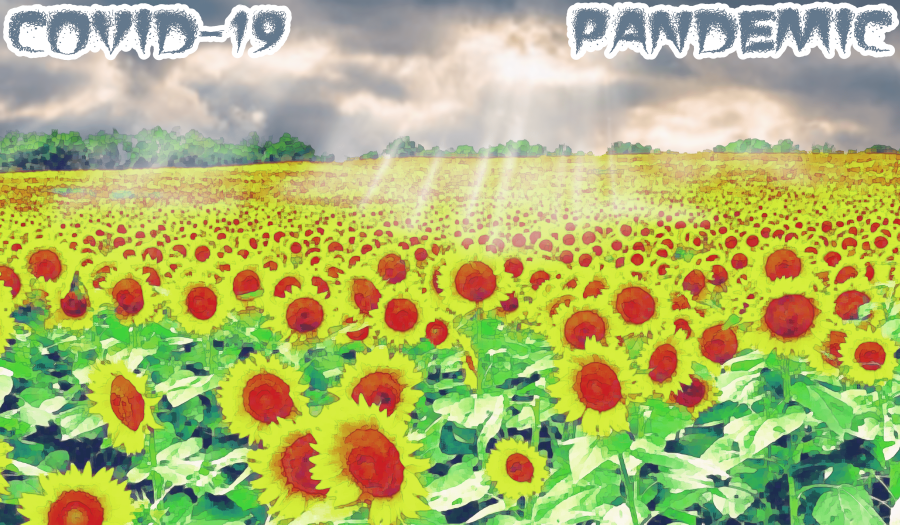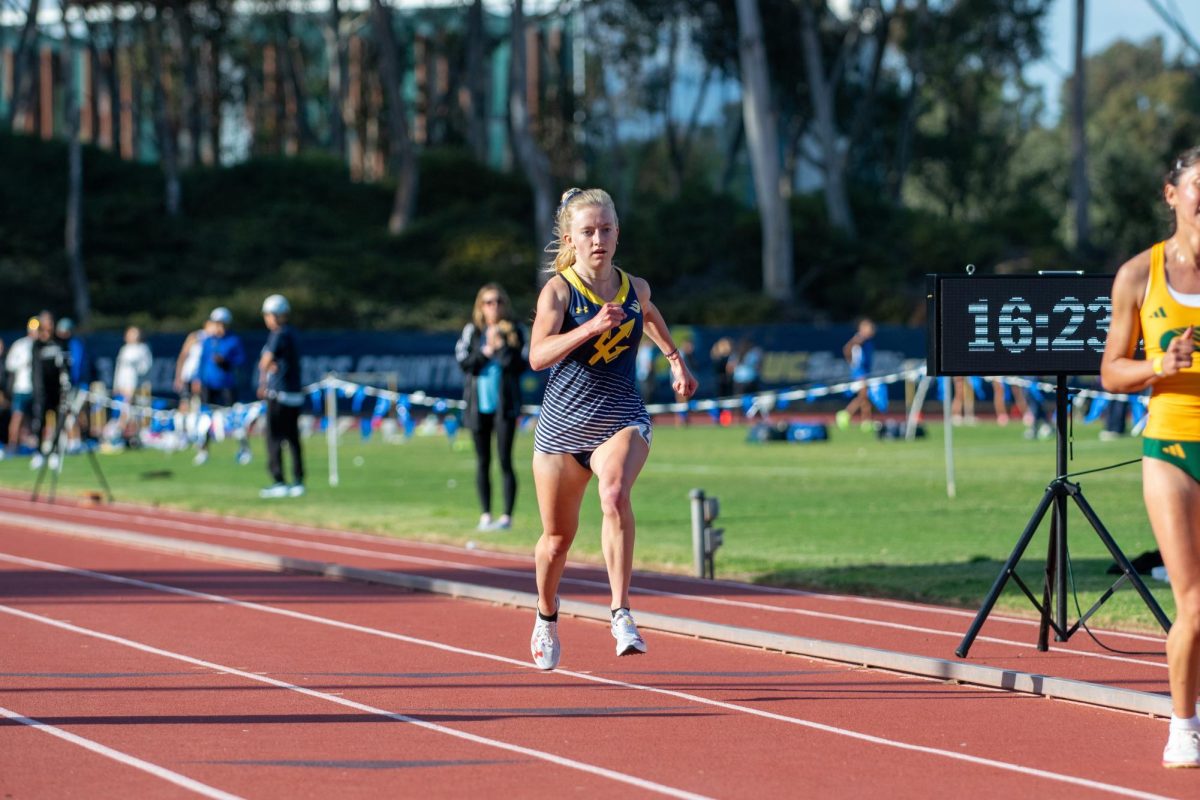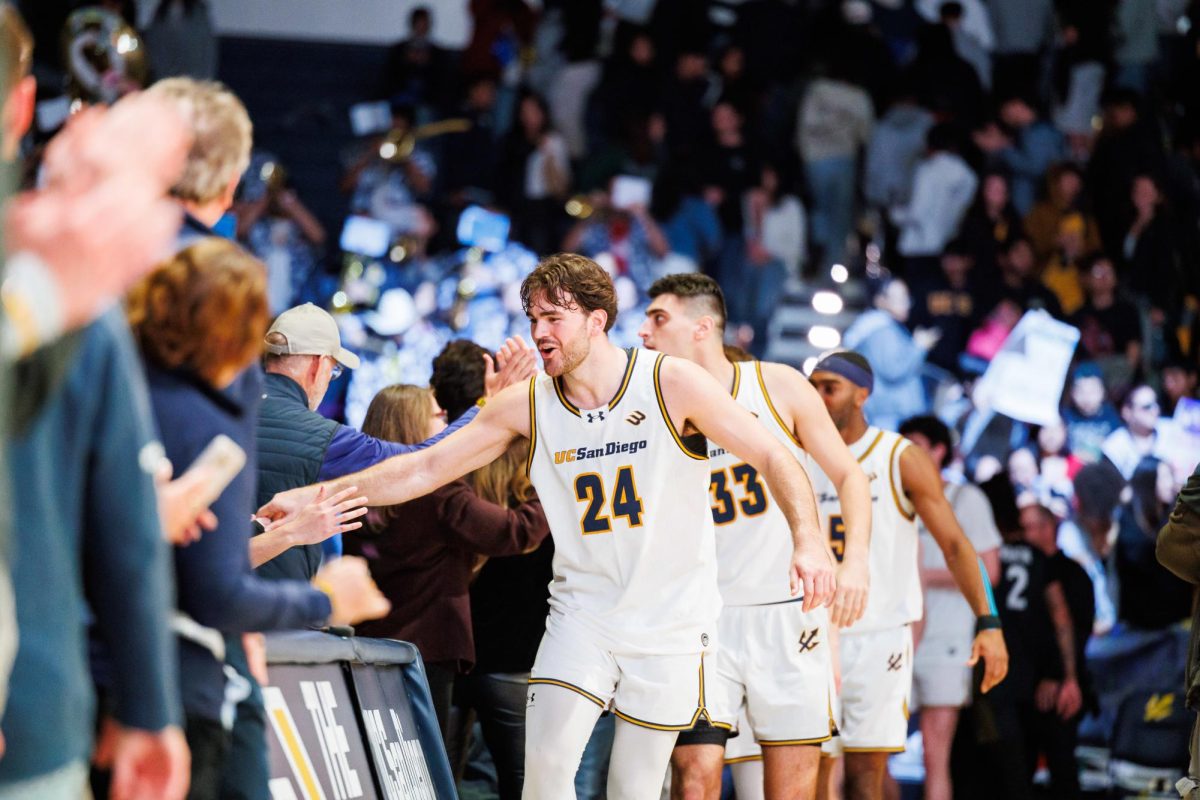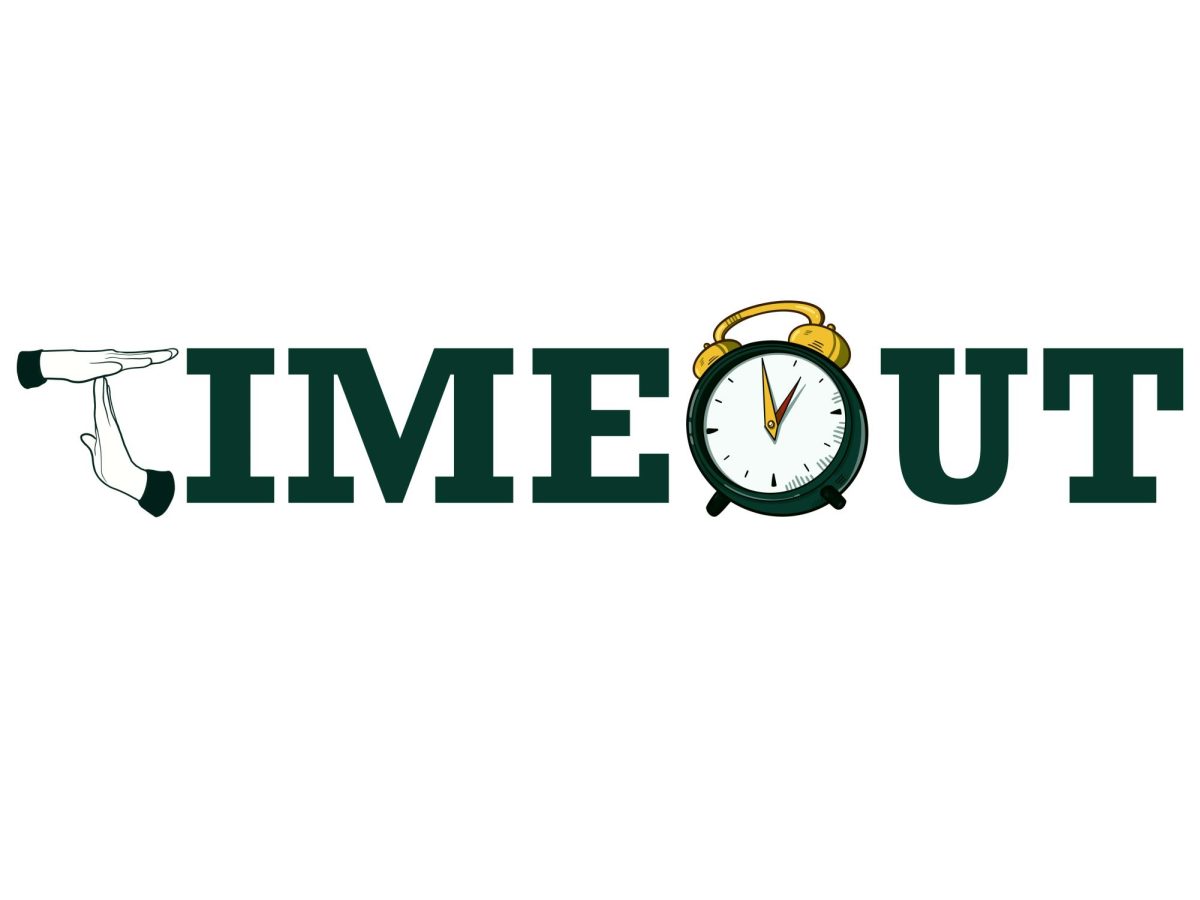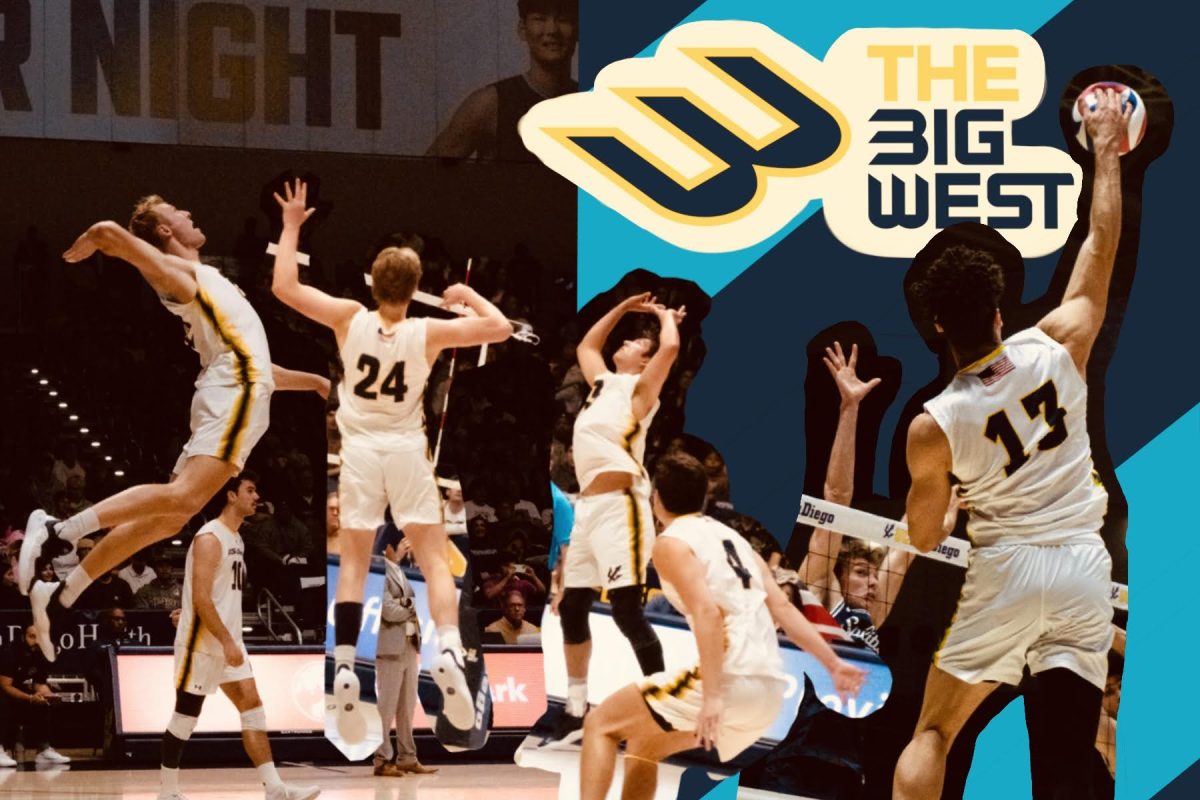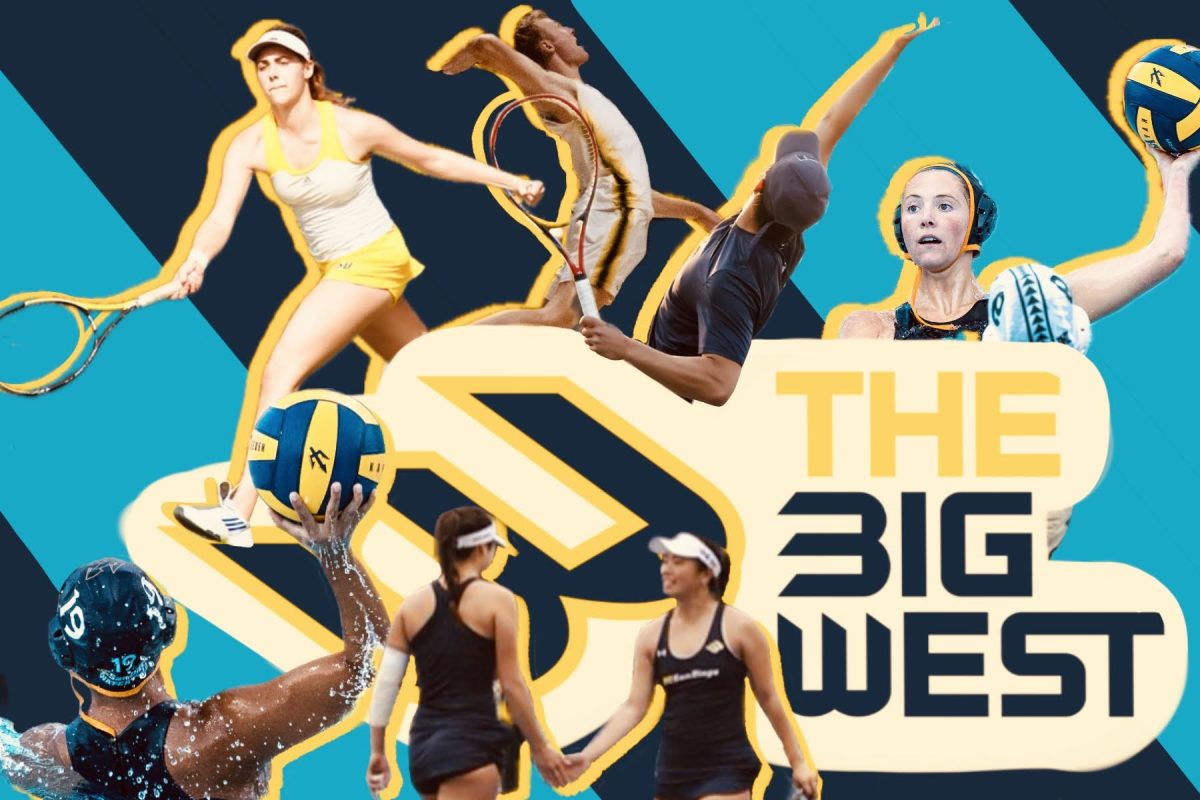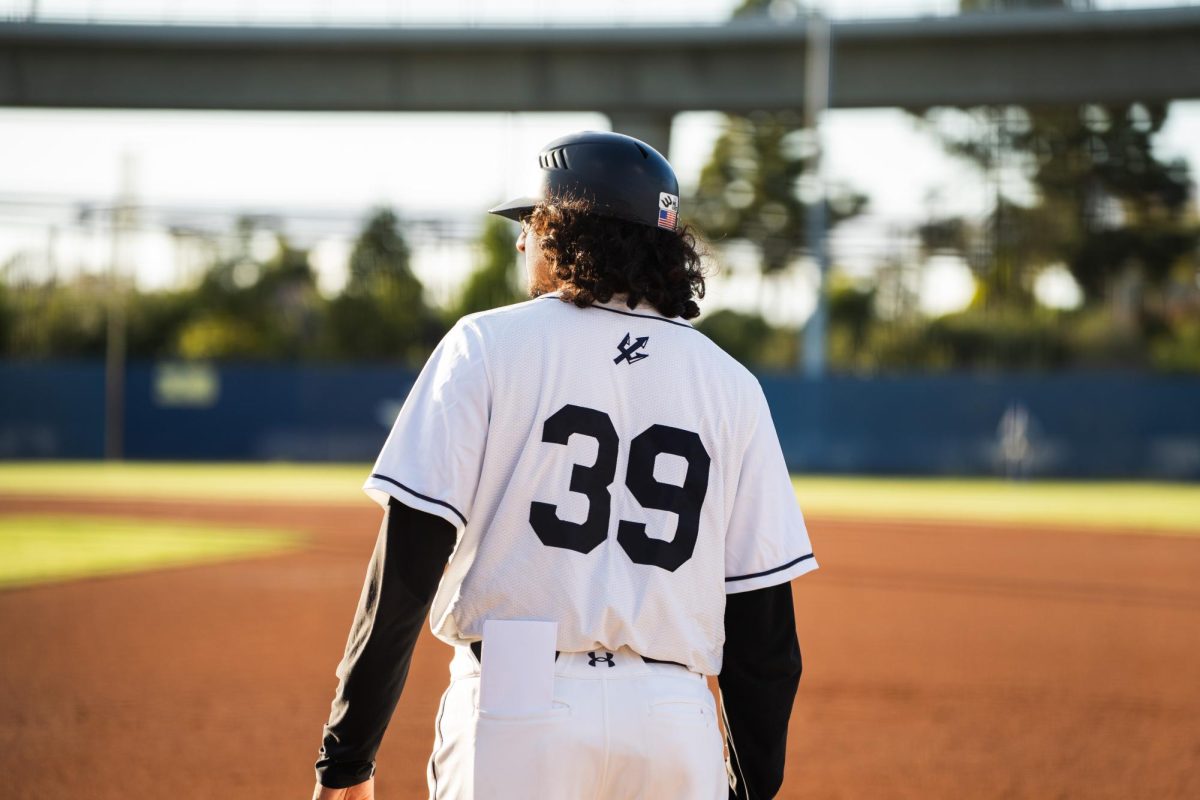Dill pickle. Cracked pepper. Chilé lime. Ranch. Taco Supreme.
These are just a few of the many flavors offered by sunflower seed companies across the United States. These seeds, and others with similarly wacky flavors, have been enjoyed for the better part of the 21st century by baseball players of all ages.
Like bubble gum, sunflower seeds have been a healthy alternative to replace tobacco as the ballplayer’s chewing distraction of choice.
BIGS, one of the major sunflower seed companies that caters toward the baseball audience, proudly declares on their website how baseball and sunflower seeds go way back. Beginning in the 1950s and 1960s, sunflower seeds began to replace tobacco, and by the 1980s, sunflower seeds were ubiquitous within the game.
The official sunflower seed purveyor of baseball and softball, DAVID sunflower seeds partners with Minor League Baseball and donates hundreds of sunflower seed packages to each Minor League team to help keep players away from tobacco, according to the National Sunflower Association website.
Sunflower seeds have become synonymous with America’s national pastime, and baseball players have become some of the biggest marketers for the snack. “The players eat a small amount [of seeds] overall but they are a great promotional tool,” John Sandbakken, Executive Director of the National Sunflower Association and a 24-year veteran of the sunflower industry, said. “We always encourage people to have healthy habits and baseball has been a great promoter of that.”
But with the coronavirus pandemic comes change. Due to the nature of the virus and its easy transferability via water droplets, if Major League Baseball comes back, the league has decided there will be no spitting and no sunflower seeds allowed.
For a Southern Californian kid whose childhood entirely revolved around baseball, this news sounded like a knockout blow for the sunflower seed industry. I’d never really seen anyone eating sunflower seeds outside the friendly confines of a baseball diamond. Unlike gum, sunflower seeds didn’t seem to have a wide market to weather a pandemic-altered season.
But even without their biggest and brightest marketers, the sunflower seed industry doesn’t seem too worried.
“There’s 330 million people in the U.S. and most of them aren’t baseball players,” Sandbakken said. “Anytime you lose a market you’ll feel it, but the majority of seeds aren’t eaten by baseball players; it wouldn’t be huge.”
Despite Sandbakken’s assurances, I’m still worried for the three brands I associated exclusively with baseball: BIGS, DAVID, and GIANTS. These three brands more than any other showed up in baseball bags throughout my career in dugouts and baseball bags all around the West coast.
GIANTS is associated with four MLB clubs, the San Francisco Giants, Minnesota Twins, Colorado Rockies, and Texas Rangers, but there doesn’t seem to be a definitive ruling on losing sunflower seeds for the season just yet. “We haven’t had much discussion on that level yet as they are still waiting for final details,” Robert Schuler, Vice President of Marketing for Giant Snacks, said. “A lot of teams already had regular season shipments sent out as we were nearing the end of training camp.”
Despite this connection and the increasingly long delay to the start of the baseball season, GIANTS doesn’t seem too worried.
“We believe that people chew sunflower seeds all over the place,” Schuler said. “My wife and father in-law only usually eat them at home watching TV, which I had no idea was a thing. I eat them at the office or outside. Many people eat seeds while driving, fishing, hunting, [or] sitting at the lake. While eating seeds goes hand in hand with baseball, people eat seeds everywhere.”
Sandbakken amplified that sentiment. “People are looking forward to finding ways to go outside. People want to enjoy the outdoors.”
Despite my baseball-centric perspective, the data backs this up. According to the National Agricultural Statistics Service, over the past three years U.S. sunflower farms produced an average of 265,325,000 pounds of confectionary or non-oil seeds, the type you find in baseball bags around the country. Despite the best efforts of ballplayers around the country, upwards of 250 million pounds of seeds is far more than baseball players alone could possibly chew on their own.
But either way, players will be unable to chew their way through this year’s harvest while on the field, no matter how many new flavors shells are coated with. While the industry may be stung by the season’s losses, Sandbakken sees the bigger picture.
“Any way to keep players and families is important. As we move beyond this season, we hope that we won’t lose that ability to have baseball players market the product, but we hope this is temporary.”
And so do I, because I have four bags of taco-flavored seeds waiting to go in my pantry that I can’t wait to stash in my bag and bring to the field.
Art by Susan Sun


